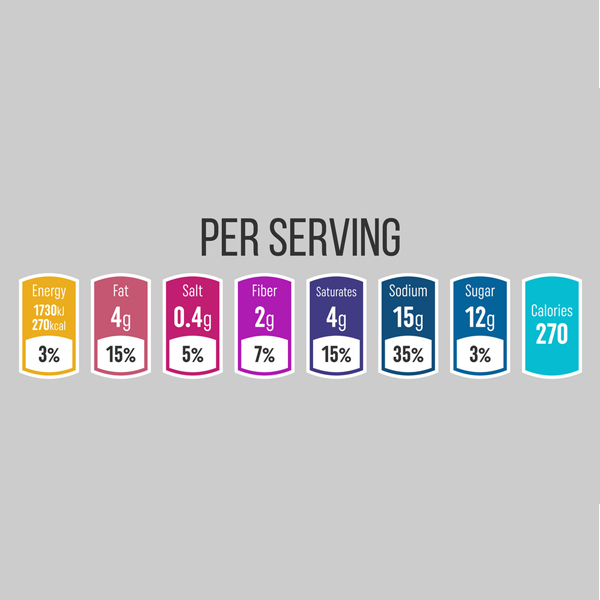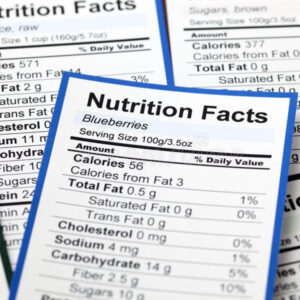Advanced Testing Services go beyond basic or standard tests by using high-end technology, precision instruments, and in-depth analysis. These services are crucial for high-quality assurance, innovation, export, and regulatory compliance in various sectors.
Benefits of Advanced Testing Services in India:
-
Higher Accuracy & Precision
Advanced instruments like GC-MS, ICP-MS, and HPLC provide highly accurate and sensitive test results.
Reduces the chance of false positives or undetected contaminants. -
Compliance with Global Standards
Helps meet strict international regulations such as USFDA, Codex Alimentarius, EU, and WHO norms.
Mandatory for export approvals. -
Enhanced Product Development
Enables deep analysis during R&D, helping develop innovative products like fortified foods, nutraceuticals, and pharma products.
Improves formulation based on scientific insights. -
Detects Complex Contaminants
Identifies ultra-trace levels of heavy metals, pesticides, mycotoxins, hormones, antibiotics, and pathogens.
Essential for high-risk industries like baby food, water, pharma, and dairy. -
Boosts Brand Credibility
Verified reports from NABL or ISO 17025 accredited labs build customer confidence and improve your brand image.
Ideal for high-end or health-focused product marketing. -
Avoids Legal and Financial Risks
Early detection of issues prevents product recalls, bans, or export rejections.
Reduces chances of regulatory penalties. -
Supports Claims on Labels
Validates scientific claims like “high in antioxidants,” “clinically tested,” “low pesticide,” etc.
Helps secure approvals for functional or fortified foods.






